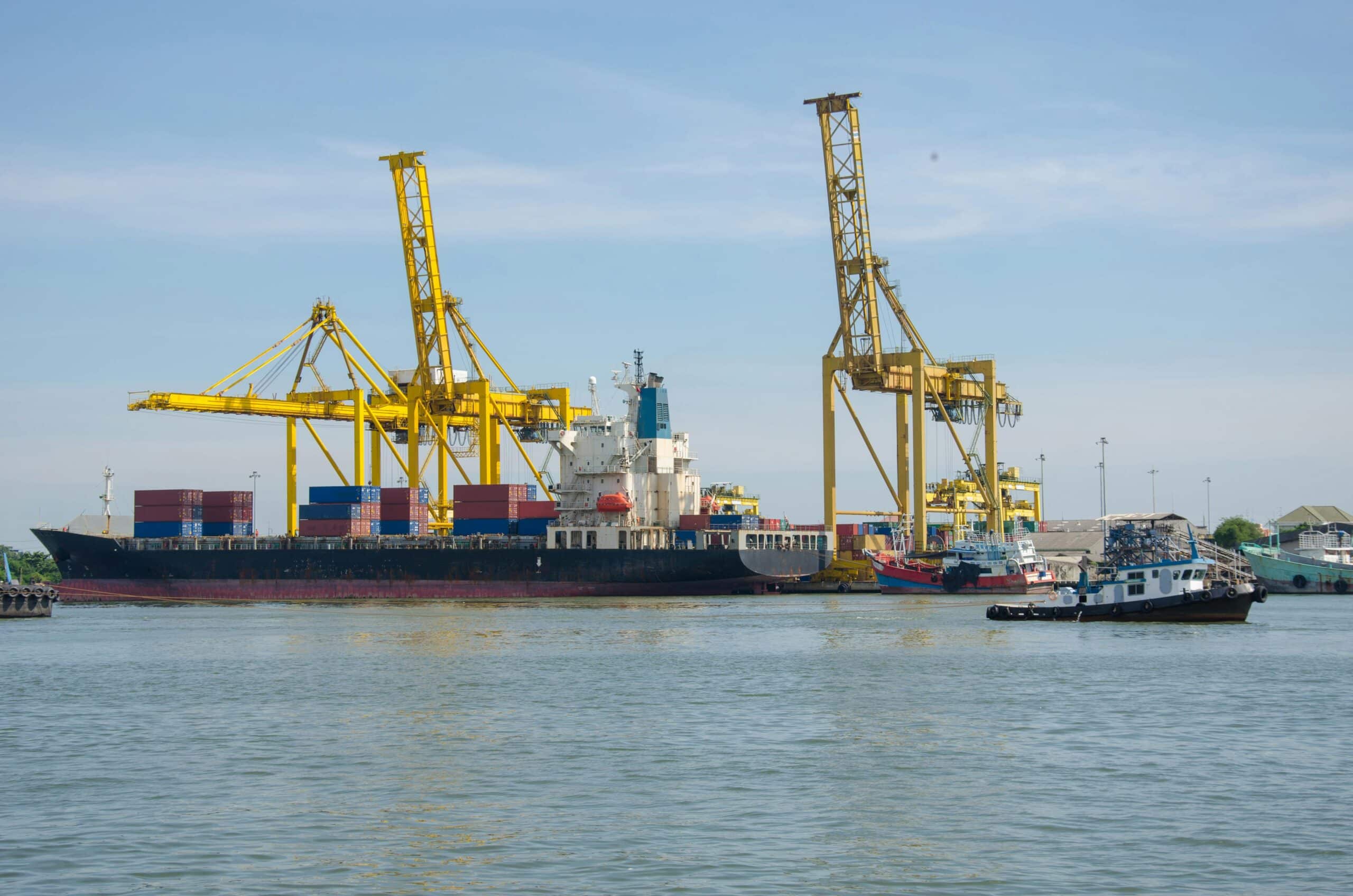There has never been more choice when it comes to arranging international freight movement. As well as the broad categories of road, sea, and air freight, you have multiple options within each grouping. The only downside is that it can be hard to work out which option best suits your business’ needs. And one of the most useful and yet most overlooked options is cross-trade. So, what is cross-trade shipping, and how could it help your business?
Understanding Cross-Trade Shipping for Your Business
What is cross-trade shipping?
Cross-trade shipping goes by a variety of different names, including intermediation and triangular operations. And it simply refers to the process of shipping goods from one country to another without transiting through the country that the shipper is based in. So, as example. You might be a British business purchasing goods from Germany and selling them in Italy. In which case, it would make no sense at all for you to ship those goods from Germany to the UK before sending them on to Italy. Instead, cross-trade shipping allows you (or a professional freight forwarder) to electronically coordinate your shipments to move straight between the country of origination and its ultimate destination.
What are the benefits of cross-trade shipping?
Cross-trade shipping carries a range of clear advantages for businesses.
1. It’s faster
Because goods are moving directly between their two end points – essentially cutting out the middle destination – transportation is significantly faster. This can not only help with the movement of perishable goods, but can improve your customer service and enhance your cashflow.
2. It’s cheaper
This one s fairly obvious, but if you’re removing an unnecessary journey from your freight movement, you’re going to reduce your costs. Transportation can be costly. Not just because of the freight forwarder’s fees, but because of duty and VAT payments. So, when you reduce the number of stopping points for your freight, you also reduce the costs.
3. It’s more efficient
The fewer stages to any freight movement, the more efficient it becomes. It reduces the contact points for each load. Which reduces the potential for shrinkage – through both damage and theft. It also enhances traceability.
4. It’s more sustainable
Sustainability is an important brand differentiator. By reducing the miles travelled by your goods, you can improve both your green credentials and your customer’s. And this is important. Because, of course, taking steps to reduce greenhouse gas emissions is vital for everyone. But it can also be good for your business. Helping you to attract more customers for whom sustainability matters.
Cross-trade shipping answers a unique set of needs for businesses. It saves costs, time, and effort. And it increases the versatility of your business, and even the security of your freight. While it’s only a solution for a fixed set of circumstances, when your business needs to transport goods from country to country without an unnecessary pitstop, cross-trade shipping is the only answer.
Find out more about cross-trade shipping with Plexus Freight.


